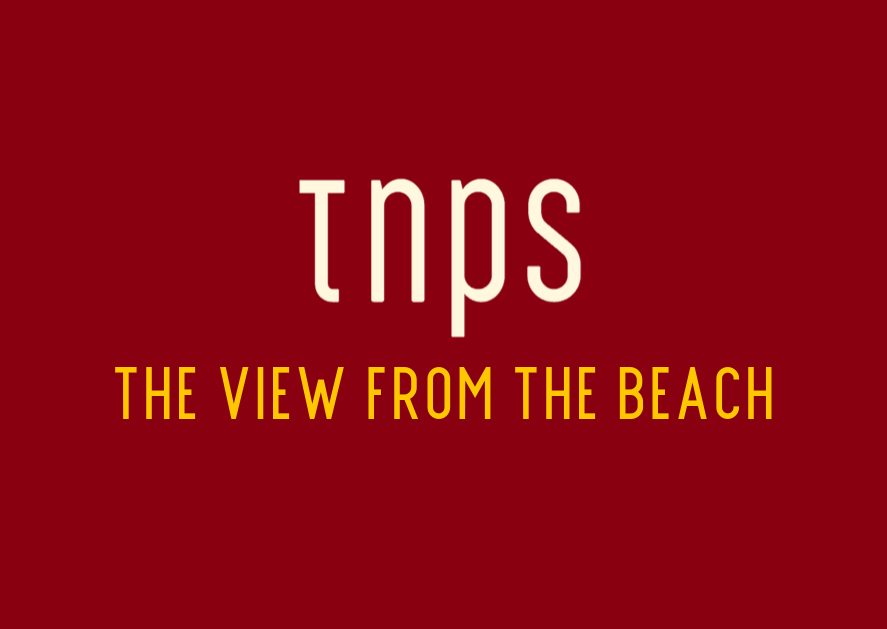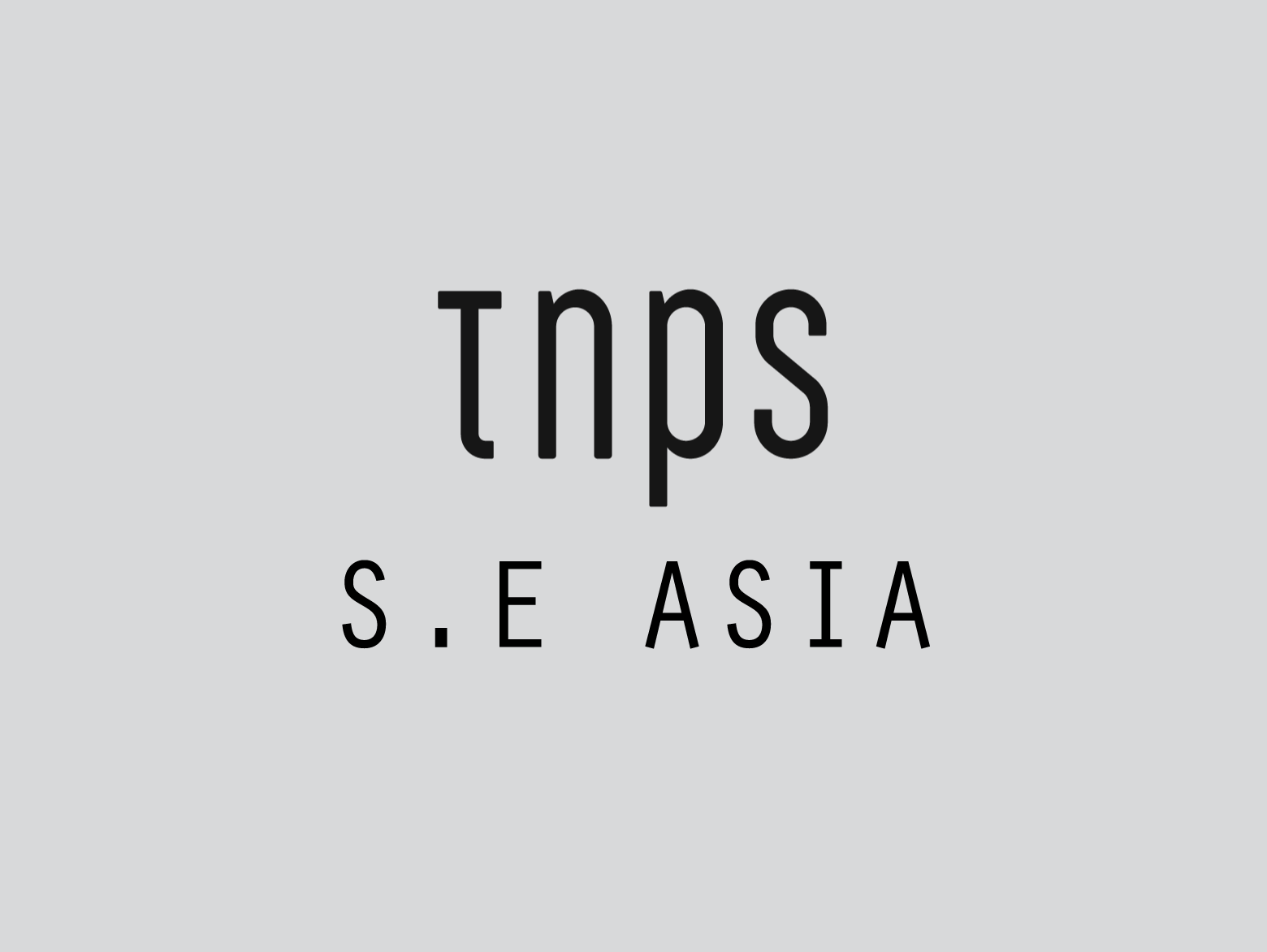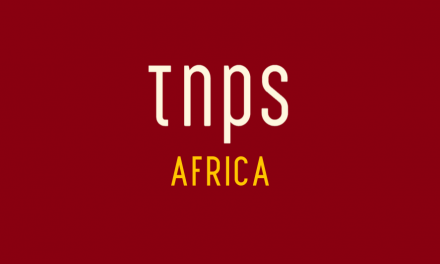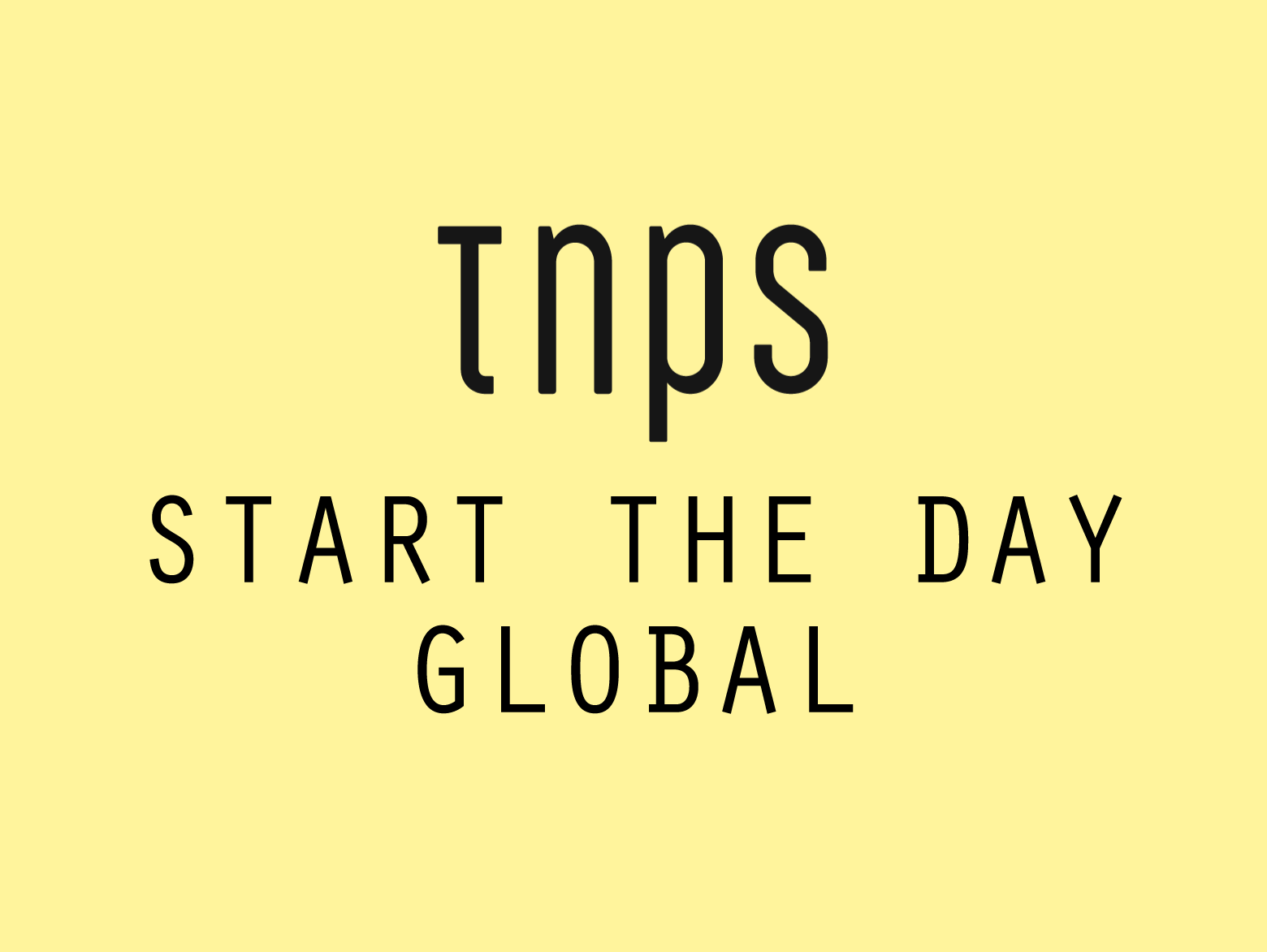Fast forward Pandemic Y2 and publishers are more amenable to looking seriously at digital’s untold possibilities, including unlimited subscription.
Scribd’s Australia launch this past week was a low-key moment in the development of the global subscription economy that unsurprisingly warranted no more than a few lines in the trade press, where it was mentioned at all.
Going head to head with Amazon AU’s Kindle Unlimited (KU) offering seemed to be the main point of reference, with Scribd’s 2 million ebooks and 1 million audiobooks for AU$ 13.99 offering some advantages over Kindle Unlimited which does not include audio.
But in fact the detail of the Scribd vs KU offering is a sideshow to what really matters here, and why this move will have the full attention of Jonas Tellander and the Storytel team.
Scribd is the granddaddy of the subscription reading apps, that somehow defied the odds and not just survived – unlike many noble but now all-but forgotten rivals like Oyster – but has continued to grow.
Scribd isn’t sharing its latest subscriber numbers but we know it crossed the one million milestone over two years ago, long before Storytel reached the same marker.
But Storytel finished 2020 with 1.5 million subscribers –
and while we can’t say for certain Scribd isn’t ahead of that by now, it seems likely Storytel is ahead, or at least on parity with Scribd by now, and that it will surge ahead of Scribd in the next 24-36 months given the way Tellander has turned the Swedish operation into a Midas-touch investor magnet.
While Tellander almost seems to launch Storytel in new markets as part of his daily gym workout, Trip Adler at Scribd takes a more cautious approach, the Australia launch this week being the first new venture since late 2019 when Scribd launched in Mexico.
So why might this Scribd Australia launch be of particular interest to Storytel?
First let’s bear in mind that Scribd started out in subscription with ebooks, and audiobooks are a late addition to the show, and we can safely assume audiobooks, while important, are not the core showcase for the new Scribd AU platform.
Second, Scribd was already available, via the US site, to Australian consumers (unlike Storytel where there is no “international” store) and Scribd will have been pulling in data from existing customers that in turn fed the decision to deploy a localised AU service.
Scribd managed to pull in some notable AU publishers including Allen & Unwin, Murdoch Books, Simon & Schuster Australia, HarperCollins Australia and Fremantle Press. PRH perhaps the most notable for its absence, but that will be because of the company’s decision to pull content from all unlimited streaming services.
Scribd’s localisation includes advertising and curated reading lists, as well as, of course, publisher-specific deals.
Andrew Weinstein, Scribd vice president of content, acquisition and strategy said in a press release:
Scribd has a long history of building relationships with publishers, and we’re committed to helping drive incremental revenue to the local publishing ecosystem. We know reading ranks among the top three leisure activities in Australia and we look forward to helping nurture this love of reading.
To which we might add Australia has 21.7 million people online – more than twice that of Sweden.
For Storytel, already carrying a significant catalogue of English-language audio content, Australia is an obvious stepping stone for Tellander’s wider global ambitions, and the decision by major AU publishers to sign-up with the unlimited consumption model means the time might be right for Storytel to dust down its English-language market ambitions.
English-language market ambitions?
Until late 2018 the UK and US (but not specifically Australia) were on the 30-country list of international Storytel sites, many of which were just domain place-holders.
The new international home-page graphic for 2020 dropped Austria, Canada, China, Czech Republic, France, Germany, Greece, Hungary, Japan, Portugal, Romania, South Africa, Switzerland, UK and USA.
And of course only Germany from that list has since resurfaced, although Storytel has since launched in other markets that seemingly were not being considered back in 2020.
At the time my position was that China was a pie-in-the-sky placement and that the UK and US were wishful thinking, not based on any realistic prospect of publishers in those countries embracing the unlimited subscription model.
Fast forward Pandemic Y2 and publishers are more amenable to looking seriously at digital’s untold possibilities.
That’s not to say US and UK publishers have not worked with Scribd in the past and currently, but always at arms’ length with an eye on holding at bay Amazon’s KU, not because they saw the subscription model as worthy in its own right.
The new deal with AU publishers to offer local content at local prices is a big step forward, and Tellander will, if not already doing so, be eager to test the publishing waters.
If Tellander could get enough AU content on board to launch Storytel Australia (with the obvious regional hub extension of Storytel New Zealand tucked away in the small print), it would not just be a foot in the door of the key English-language markets – something only BookBeat has managed, with its ill-fated BookBeat UK launch that still treads water but is never talked about.
It would also be a chance to show English-language publishers the real benefits of the unlimited model – new audience reach, backlist mining, unprecedented data access – all with the brand recognition and deep-pocketed funding Scribd sorely lacks.
And for Storytel a chance to move beyond the audio-first roadmap that has driven its expansion so far, but that will surely weigh down the company as this decade progresses.
Originating in Sweden at a time when ebooks were all but unknown, and then dominating the industry and its format choices, Storytel has for all its existence thus far been the audiobook company that throws ebooks into the mix as an afterthought.
But as I explored here at TNPS in April 2020, there are headwinds mounting as Storytel’s new markets need more and more nurturing to get off the ground.
A more balanced approach towards text and audio might be one way to cushion against the headwinds to come, and bring on board the many publishers in these newer markets who simply don’t have the skills or funding to produce audio, but might welcome a text-first digitisation experience.
A Storytel AU launch could be an opportunity to kill many birds with one stone.





